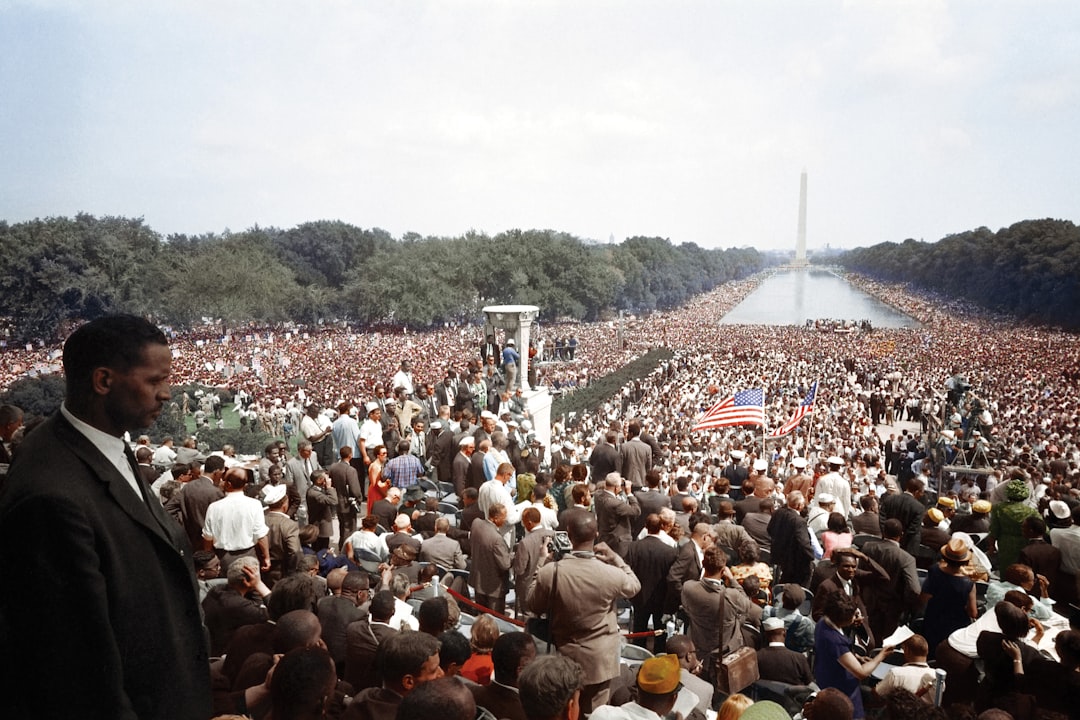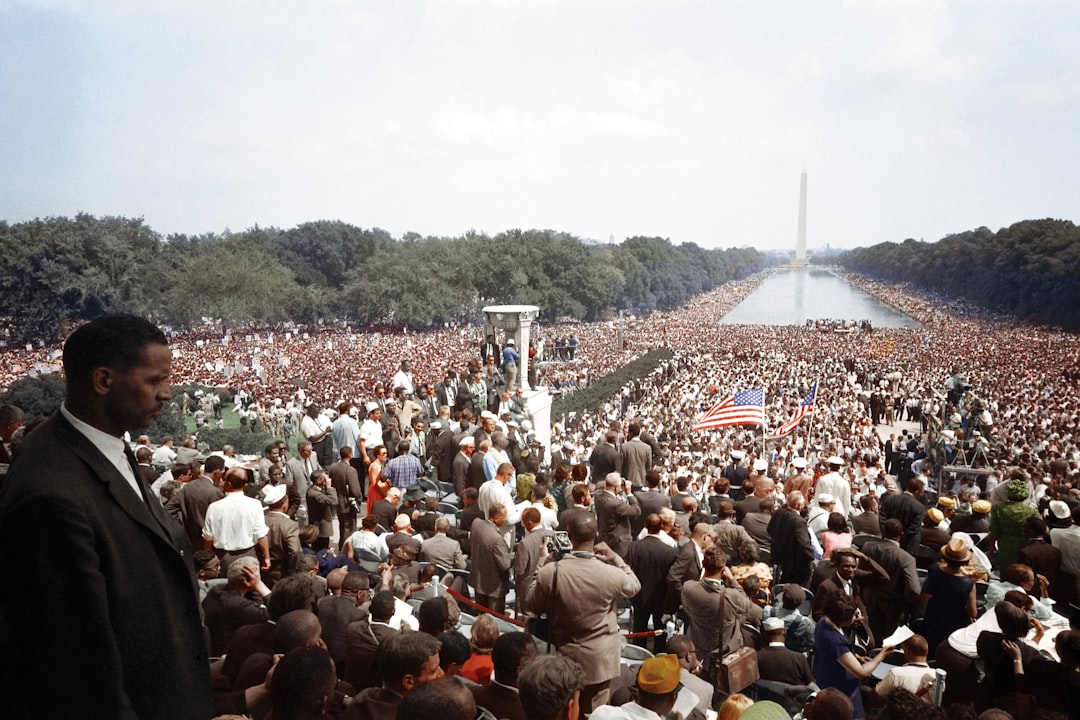Distracted driving, particularly texting while behind the wheel, is a significant road safety concern in Washington D.C., leading to increased accidents and near-misses. Stricter laws enforced by a lawyer for Do Not Text Laws DC aim to discourage this behavior. Teenagers are at higher risk due to heavy mobile device usage and limited driving experience, with recent studies showing a prevalence of texting while driving among young people. Social media use dramatically impacts distracted driving patterns, increasing accident risk by up to 400%. Lawyers specializing in Do Not Text Laws DC play a crucial role in deterring such behavior through legal action and public education.
In the bustling metropolis of Washington D.C., distracted driving has emerged as a pressing safety concern, with alarming trends and statistics revealing its profound impact. This article explores the various facets of this issue, focusing on understanding distracted driving, its most common forms, such as texting and driving, and the heightened risk posed by teen drivers. We also delve into the role of social media, its influence on driver distraction, and how legal initiatives, like those supported by a lawyer for Do Not Text Laws DC, can help combat this growing problem.
Understanding Distracted Driving: A Growing Concern in DC

Distracted driving has emerged as a significant road safety concern in Washington, D.C., leading many to seek legal advice from a lawyer for Do Not Text Laws DC. With the ubiquitous use of smartphones and an ever-connected society, drivers in the district face unique challenges when it comes to remaining focused on the road. Texting while driving has become a prevalent issue, with studies indicating that sending or reading a text message can take a driver’s attention away from the task at hand for an average of 23 seconds—a duration long enough to cover a distance of about half a football field at highway speeds.
This growing trend has resulted in an increased number of accidents and near-misses, prompting authorities to implement stricter regulations. The District of Columbia, aware of the dangers, has taken steps to combat distracted driving by enforcing laws that prohibit text messaging behind the wheel. These measures aim to raise awareness and deter drivers from engaging in activities that divert their attention from safe operation of vehicles.
Texting and Driving: The Top Culprit in DC Accidents

Texting and driving has emerged as a significant concern in Washington, D.C., with alarming statistics indicating it as the primary cause of accidents involving distracted drivers. This dangerous behavior not only puts the driver at risk but also endangers fellow motorists and pedestrians on the road. Recent studies reveal that sending or receiving text messages while behind the wheel increases reaction time significantly, making it a major contributor to collisions.
In response to this growing issue, stricter laws have been implemented in DC, with particular focus on curbing the practice of texting while driving. A lawyer for Do Not Text Laws DC can provide insights into these regulations and their impact on road safety. The increased penalties and public awareness campaigns aim to discourage drivers from engaging in this risky behavior, ultimately leading to a reduction in accidents and a safer environment for all.
Teen Drivers and Their Increased Risk Factor

Teenagers, particularly those in their late teens, are at a significantly higher risk of distracted driving compared to older age groups. This is largely due to the widespread use of mobile devices and a relative lack of experience behind the wheel. According to recent studies, texting while driving is especially prevalent among young people, with many engaging in this behavior despite knowing the dangers. In Washington DC, where strict laws, such as those enforced by a lawyer for Do Not Text Laws DC, aim to curb this trend, data shows that distracted driving accidents involving teens are on the rise.
The increased risk factor for teen drivers is not just about texting; it includes all forms of distraction, from adjusting vehicle settings to eating and drinking while driving. Their tendency to engage in multiple tasks at once, a skill often developed through digital device use, can lead to slower reaction times and poor decision-making on the road. This puts not only their lives but also those of other drivers and pedestrians at risk.
Impact of Social Media on Driver Distraction

The rise of social media has significantly contributed to distracted driving trends in DC, with a substantial number of drivers using their devices while behind the wheel. According to recent studies, checking social media apps like Instagram, Twitter, or Facebook can increase the risk of a crash by 400%. With the convenience of instant communication, drivers often find it hard to resist the temptation to respond to messages or browse through feeds, leading to dangerous driving behavior. This is particularly concerning given that DC has strict laws in place, such as the “Do Not Text While Driving” regulations, aimed at reducing distracted driving incidents.
A lawyer for Do Not Text Laws DC can attest to the growing number of cases involving driver distraction due to social media use. These laws are designed to hold accountable those who choose to text while driving, promoting safer roads and reducing the devastating consequences of distracted driving accidents.
Legal Action: How a Lawyer for Do Not Text Laws DC Can Help Prevent Distracted Driving

In the District of Columbia, the issue of distracted driving has prompted stringent measures, including the implementation of strict “Do Not Text” laws. When these laws are violated, a lawyer for Do Not Text Laws DC can play a pivotal role in both penalizing offenders and educating the public about the dangers of texting while driving. Legal action taken by such specialists helps to deter future infractions and sends a clear message that distracted driving is not tolerable.
These legal professionals ensure that individuals who engage in texting while behind the wheel face the consequences, which can include fines and license suspensions. More importantly, they contribute to raising awareness about the high risks associated with distracted driving, potentially saving lives by reducing accidents caused by driver inattention.






